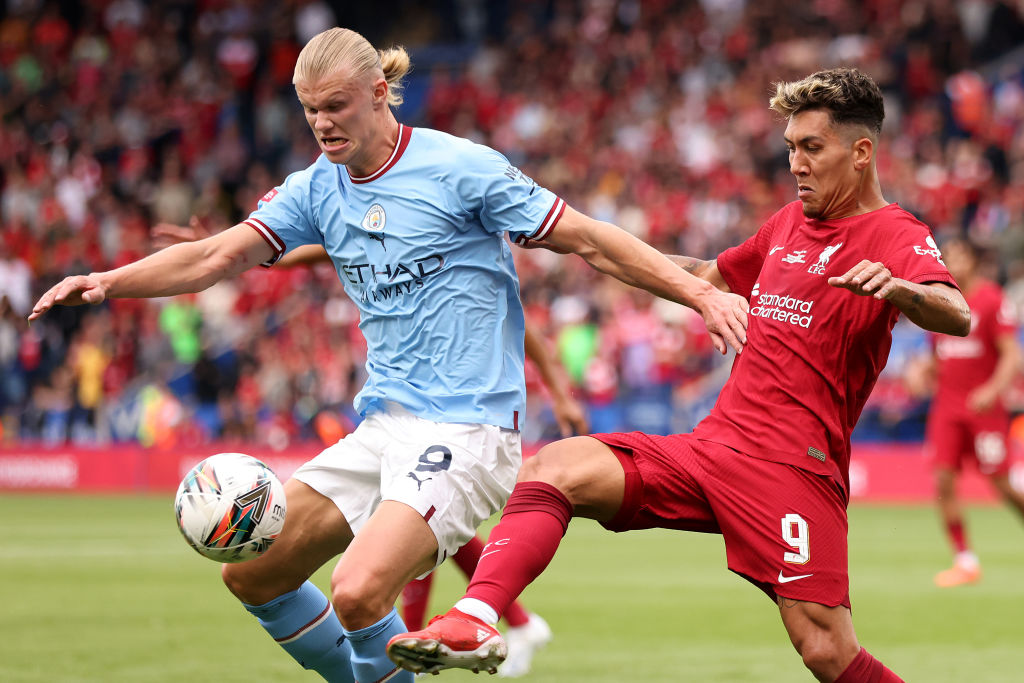Pandemic widened gap between Premier League and European rivals, says Deloitte

The pandemic saw the Premier League increase its financial advantage over its rivals in European football, according to a report published today by Deloitte.
Despite the almost total absence of ticket revenue as supporters remained locked out of stadiums, Premier League clubs grew revenue during the 2020-21 season and, unlike their competitors, reported improved operating profits, according to the business advisory firm’s Annual Review of Football Finance.
“As the Premier League enters its fourth decade, it’s further ahead of the competition than ever before,” said Tim Bridge, lead partner in Deloitte’s Sports Business Group.
Deferred payments from broadcasters owing to Covid-19’s disruption to the previous campaign were the main cause of a three per cent rise in the collective revenues of Europe’s so-called Big Five leagues – the top divisions of England, Germany, Spain, Italy and France – to €15.6bn (£13.8bn).
The Premier League, by far the richest in world football, saw income increase by eight per cent to £4.9bn while turnover in both the German Bundesliga and Spain’s LaLiga shrank to €3bn (£2.7bn) and €2.9bn (£2.6bn) respectively.
Italy’s Serie A grew revenue by 23 per cent thanks to the start of more lucrative new media rights contracts, but its €2.5bn (£2.2bn) was only around half of the Premier League’s income. In France, Ligue 1 income was approximately flat at €1.6bn (£1.4bn).
Staging of the delayed 2020 European Championship, meanwhile, which saw England reach the final and took place during the summer of 2021, helped the overall European football market improve turnover by 10 per cent to €27.6bn (£24.4bn).
“It’s testament to the resilience of the industry, the value driven by broadcast deals and the success of the Euros that the European football market has achieved tenacious growth, in revenue terms, over the past year,” Bridge added.
“However, it is important not to overlook the loss-making position of many clubs. The impact of the Covid-19 pandemic fundamentally changed the financial management of European football, with leagues and clubs having to seek external investment and responding to a shift in trends around transfer spending and club operations.”
Among the Big Five, only the Premier League reported an improvement in operating profits, from £49m to £479m. The other four saw operating losses swell from €461m (£408m) to €901m (£797m).
But England’s top division still made a pre-tax loss for the third year in a row, albeit with a reduction from £991m to £669m, while net debt increased four per cent to £4.1bn.
Deloitte anticipates the Premier League’s position to strengthen further, forecasting collective revenues of £5.5bn for 2021-22 and more than £6bn for the current season, which will see clubs benefit from even greater broadcast payments.
Further down the English football pyramid the picture is far less rosy. The Championship saw revenue fall 12 per cent to £600m in 2020-21, leading to a 32 per cent uptick in net debt to £1.8bn.
“There now can be no doubt that significant change is required to drive long-term financial sustainability in the Championship,” said Bridge.
“Without sustained collaboration across the English football system, the gap to the Premier League, the competitive advantage of clubs with parachute payments, and the cycle of clubs gambling on promotion will continue to increase.”
The pandemic saw a boom in investments in clubs from Europe’s Big Five leagues, with 15 taking place in 2021, two thirds of which were from US individuals or private equity firms.
Sam Boor of Deloitte’s Sports Business Group said: “Football is proving an attractive opportunity for a growing pool of international investors, whose confidence has been buoyed by clubs’ recovery post-Covid.”
